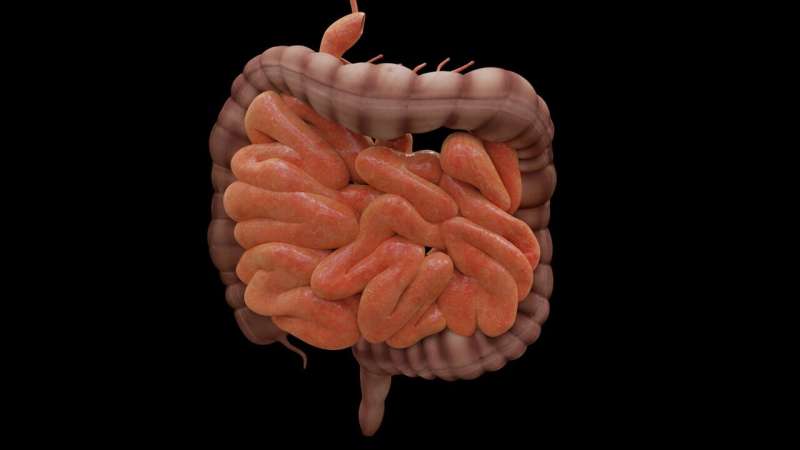Fecal Microbiota Transplants: Potential Benefits and Unforeseen Risks

Fecal microbiota transplants show promise for gut health but pose risks due to regional microbiome mismatches. New research highlights the need for targeted microbial therapies to ensure safety and efficacy.
Fecal microbiota transplantation (FMT) has emerged as a promising therapy for certain gastrointestinal conditions, most notably recurrent Clostridioides difficile (C. diff) infections. The procedure involves transferring stool microbes from a healthy donor to a recipient's gut, aiming to restore a balanced and healthy microbiome. While FMT has demonstrated impressive success in treating C. diff, its application for other health issues like inflammatory bowel disease, obesity, metabolic syndrome, and even autism spectrum disorder is under consideration.
However, recent research from the University of Chicago warns about potential long-term health risks associated with FMT. Published in the journal Cell, the study highlights how introducing microbes from one part of the gut into another can create regional mismatches in the microbiome, with significant and lasting effects. Using experiments with mice and analysis of human tissue samples, scientists observed that anaerobic bacteria from the colon can colonize the small intestine after a single transplant and persist for months. These microbes can modify their environment—a process called 'terraforming'—leading to changes in metabolism, behavior, and energy regulation in the host.
Lead researcher Orlando (Landon) DeLeon emphasized the importance of regional microbiota matching, cautioning against indiscriminate transplantation of microbes across different parts of the gut. The gut's environment varies considerably along its length, with each region supporting distinct microbial communities vital to overall health.
Current FMT practices often involve broad microbial transfers, which can disrupt the specialized ecosystems along the gastrointestinal tract. When microbes from the colon are introduced into the small intestine or cecum (which connects the small and large intestines), they tend to colonize areas unsuitable for their native habitat. This mismatch can lead to persistent alterations in gene and protein expression in the intestinal lining, potentially reshaping tissue identity to favor the microbes' survival.
The study underscores the need for a more nuanced approach—such as 'omni-microbial transplants' or OMT—that involves transferring microbes from various regions of the intestine to better mimic the natural microbial diversity and distribution. Such targeted strategies could improve the safety and effectiveness of microbiome therapies.
Overall, while FMT continues to hold significant promise, researchers advocate for careful consideration of its long-term impacts. A more refined understanding of the gut microbiome's regional specialization and the development of personalized transplant approaches could enhance treatment outcomes and minimize unintended health consequences.
Stay Updated with Mia's Feed
Get the latest health & wellness insights delivered straight to your inbox.
Related Articles
Study Reveals Vaping's Higher Potential for Dependency Compared to Nicotine Gum
New research shows that pod-style electronic cigarettes are more addictive than nicotine gum, posing a higher risk of dependency, especially among youth and nonsmokers.
Metformin Use Linked to Enhanced Longevity in Older Women
A new study finds that metformin use among postmenopausal women is linked to a 30% reduction in mortality before age 90, suggesting potential benefits for healthy aging and longevity.
Employment Can Boost Recovery in Individuals with Alcohol Use Disorder
Work and employment support significantly improve recovery outcomes for individuals treating alcohol use disorder, reducing drinking frequency and enhancing quality of life.
Combination Therapy with Tirzepatide and Menopause Hormone Therapy Enhances Weight Loss in Postmenopausal Women
A groundbreaking study reveals that combining tirzepatide with menopause hormone therapy significantly boosts weight loss in postmenopausal women, offering new hope for obesity management.



